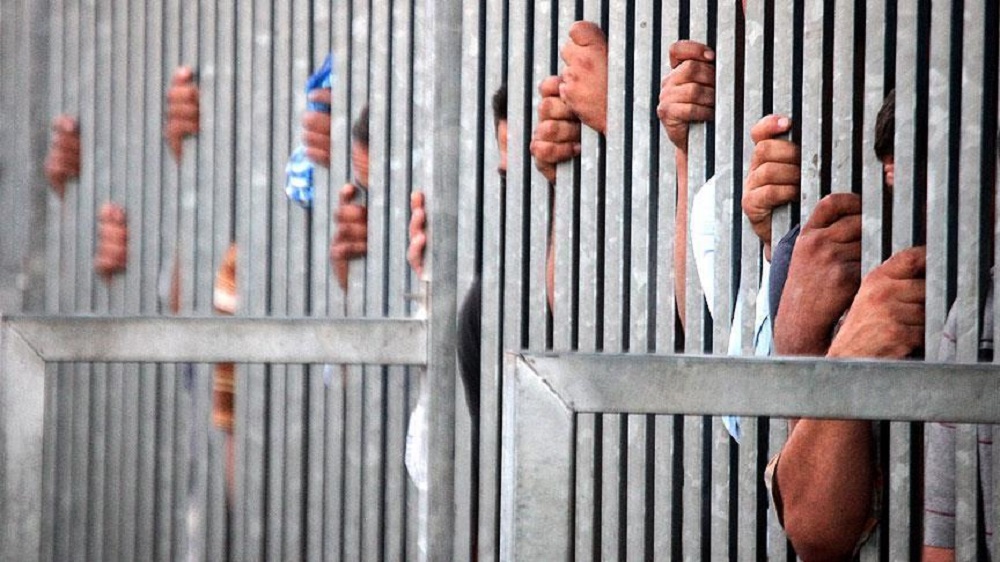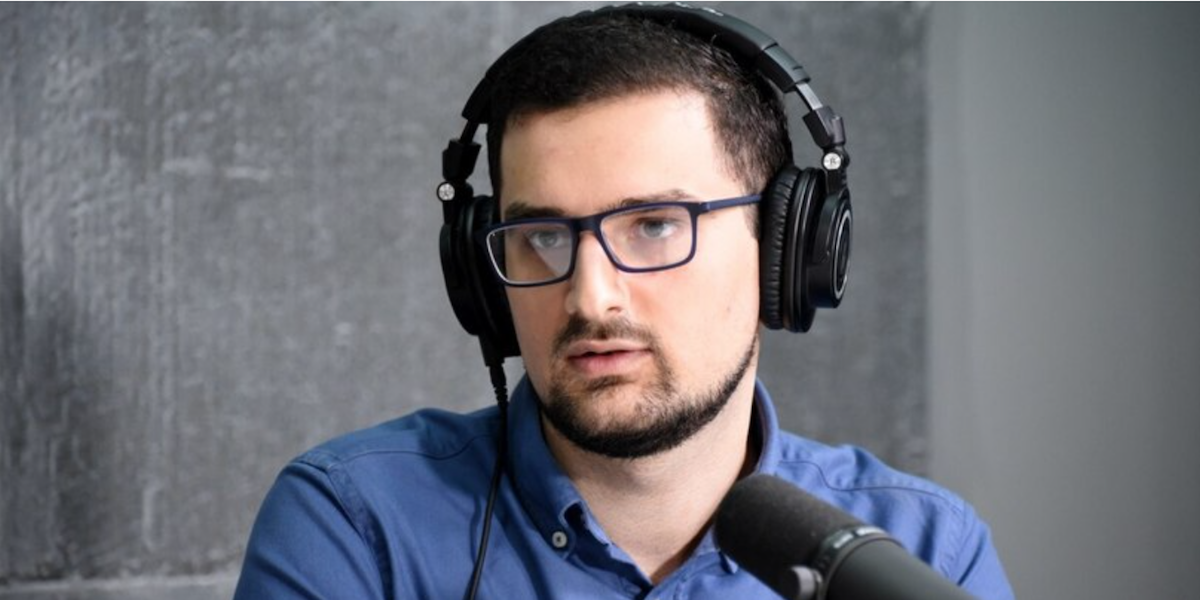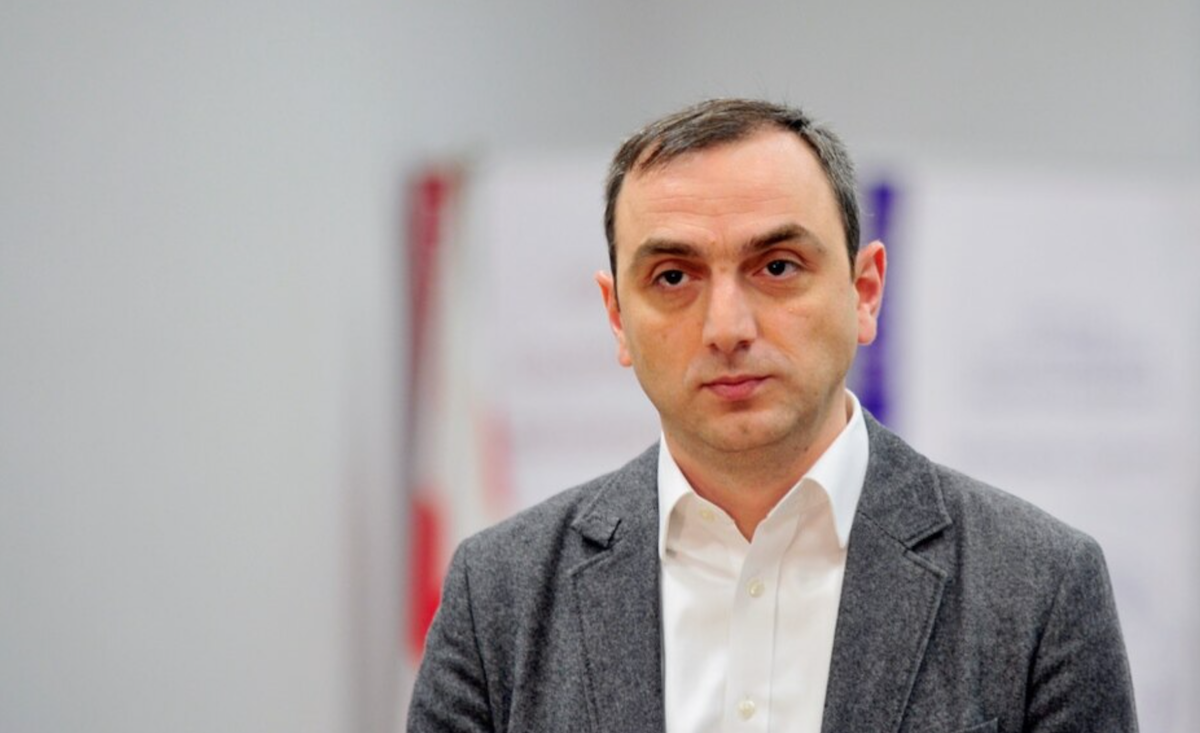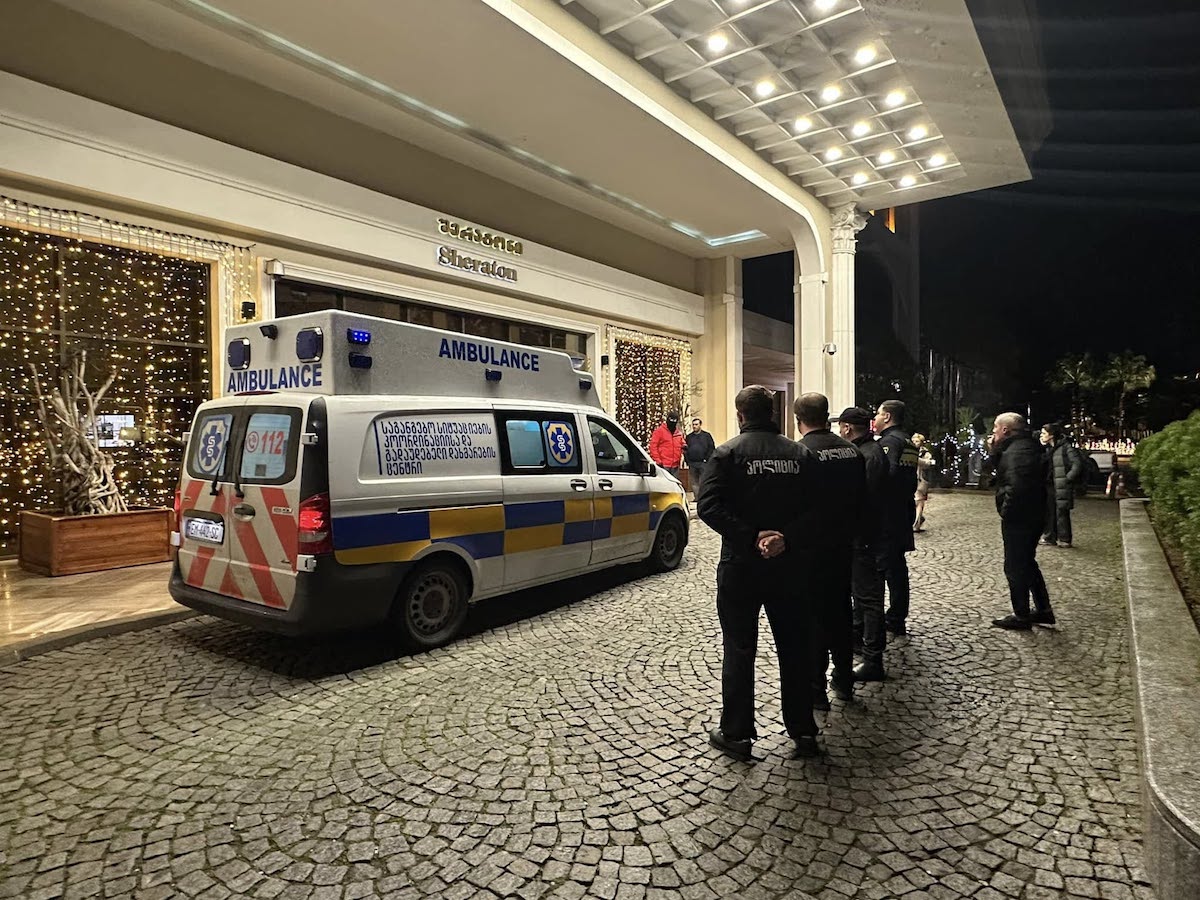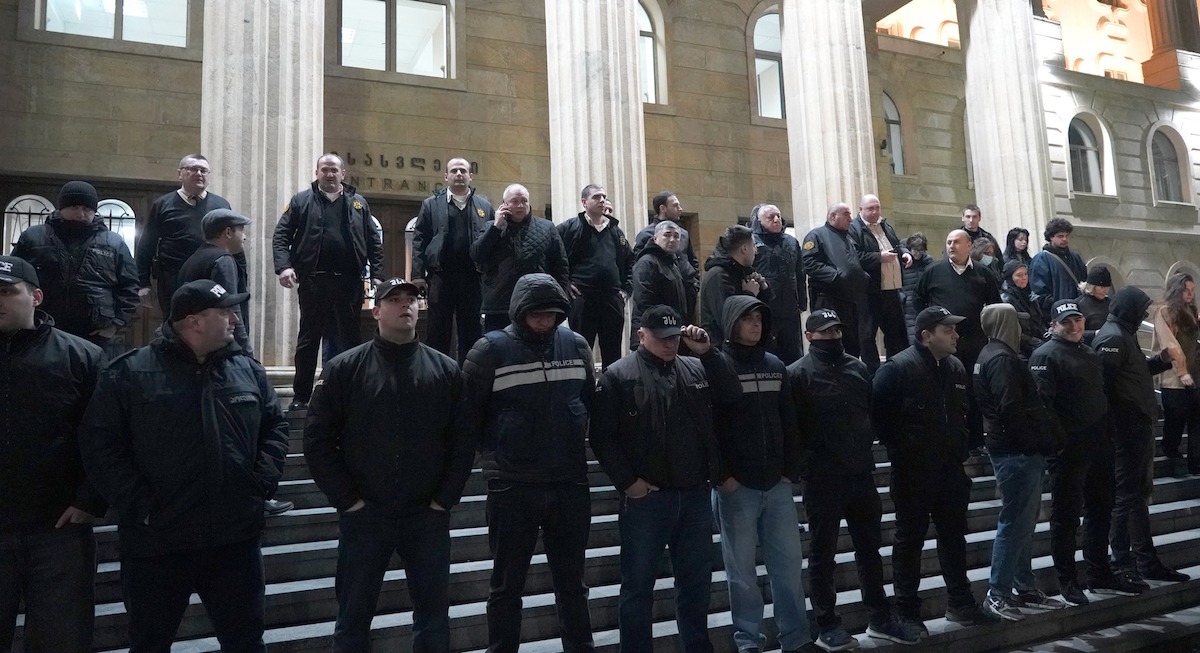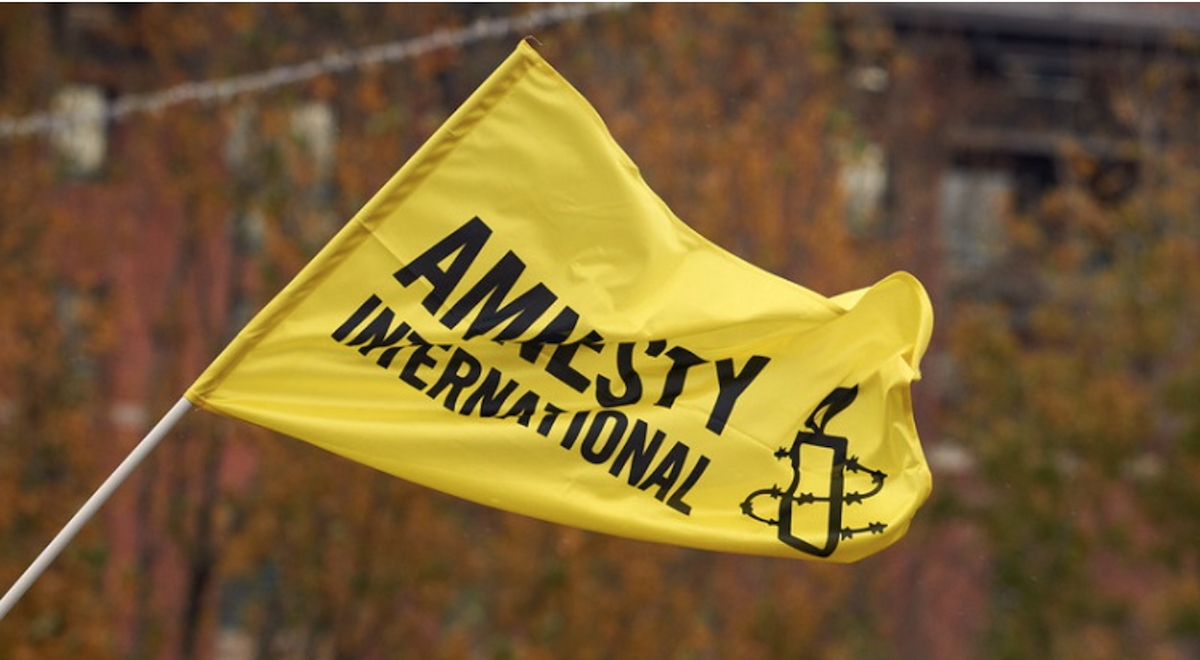"Tartar сase" in Azerbaijan: Soldiers exonerated after dying under torture
“Tartar сase” in Azerbaijan
“All his peers in the village continued their military service after the army. Elchin followed in his friends’ footsteps and also joined the military. No one expected things to turn out the way they did.”
Elchin Guliyev, the son of Valida Akhmadova, was killed under torture in the “Tartar Case.” He died just a few days after being detained. He was 27 years old and left behind a young daughter.
Elchin Guliyev had been serving at the military unit in the village of Garaaghaji in Azerbaijan’s Tartar district, where he was born and raised, since 2014 under a three-year contract. A month before his contract ended, he became one of the victims of the “Tartar Case.”
What happened?
In April 2017, mass arrests of military personnel began in Azerbaijan. During these arrests, which continued until June of that year, the soldiers were subjected to torture to extract confessions.
At the time, Azerbaijan’s General Prosecutor’s Office, Ministry of Defense, Ministry of Internal Affairs, and State Security Service issued a joint statement claiming that a group of military personnel and other civilians had committed treason and espionage for the enemy, passing on critical information.
According to human rights activists, over 100 soldiers were tortured in connection with this criminal case, resulting in the deaths of more than 10 individuals.
The court sentenced 25 people, accused under various articles of the Criminal Code for possible connections with enemy special services, to prison terms ranging from 5 to 20 years.
The reason the investigation is unofficially called the “Tartar Case” is because the mass torture occurred in an abandoned, unfit-for-use former military headquarters in the Tartar district (a relatively small number of torture cases occurred at a military unit in Mingachevir). The investigation was conducted by the Tartar District Military Prosecutor’s Office, and the sentences were handed down by the Ganja and Tartar military courts. It was reported that possible espionage incidents took place at positions along the contact line between the Aghdam and Tartar districts.
Criminal case investigation of the “Tartar case”
Separate criminal cases were initiated against some individuals involved in torturing the military personnel in the “Tartar Case.”
In December 2021, after the investigation into the “Tartar Case” was reopened, 452 people were recognized as victims.
More than 100 soldiers, who were previously implicated in the “Tartar Case,” were acquitted in court.
Those who tortured the soldiers received various prison sentences, primarily for exceeding their official duties.
Dozens more perpetrators of the torture were arrested, and their trials are still ongoing.
Posthumous rehabilitation
Elchin Guliyev served as a driver with the rank of junior sergeant at a military unit in the village of Garaaghaji in Azerbaijan’s Tartar district, where he was born and raised. In 2016, he participated in the “April battles,” delivering essential supplies like food and ammunition to the soldiers in the trenches.
Valida Ahmadova, Elchin’s mother, recalls that her son did not receive any awards for his combat efforts in April 2016. He often complained about this, feeling he had been treated unfairly. “How could he have known that this injustice was nothing compared to what awaited him in the future?” she says.
Elchin Guliyev was arrested on May 3. A week before, he had been assigned a water truck to supply the soldiers with water. On the day of his arrest, the truck broke down. Elchin went to his uncle’s house near the military unit and asked for help to repair the vehicle.
During lunch, he received a call from the military unit asking him to come immediately. Elchin explained that he was busy fixing the truck, but the caller insisted and then resorted to insults. Stressed and anxious, Elchin left his uncle’s house, unaware that military personnel were waiting right outside the door. He was taken away in a military vehicle, and his family never saw him again.
A few hours after Elchin was taken, military personnel came to his home asking about the water truck. His mother tried to find out about her son, but her questions went unanswered.
On May 8, five days after Elchin’s detention, his father Matlab Guliyev and uncles were summoned to the Tartar District Executive Authority. Although the reason for the meeting was not clearly stated, they were told it concerned Elchin.
“There, they read out a list of soldiers’ names, including our son’s, and said they had died.
My husband was in shock: what does this mean? Why did Elchin die? Meanwhile, the head of the executive authority, Mustakim Mammadov, told my husband, ‘Do you know what your son did? He was a traitor.‘”
Elchin Guliyev did not accept the charges against him and refused to sign a confession. His family was told he died from high blood pressure.
“I didn’t know about Elchin’s death until his funeral”
Matlab Guliyev, upon returning home, could not bring himself to tell his wife about their son’s death. Valida Ahmadova learned the news only the next morning—at the funeral.
“That evening, they told me Elchin would arrive in the morning. I prepared everything for my son’s arrival. The next morning, they said Elchin was already here. I rushed outside. I saw a crowd on the street, everyone was crying.
A few days earlier, four people from our village had been arrested. One of them was named Tofiq. The day before, they said Tofiq had died. I thought it was his body that had been brought, and that’s why people were crying.
I walked through the crowd, looking for Elchin. I asked, ‘Where is Elchin?’ Finally, my husband came up to me, hugged me, and said, ‘Elchin is dead, don’t look for him.’ I was stunned. Someone said, ‘They’re already burying your son, go say goodbye.’ I barely made it to the grave, wanting to embrace my child, but they wouldn’t let me,” Valida Ahmadova recalls the day of her son’s funeral.
Crime and punishment
The individuals arrested in connection with torturing those detained in the “Tartar case” appear before the court at different times, in separate groups.
The latest court verdicts were announced in November and December of last year.
In November 2023, the court sentenced Lieutenant Colonel Vusal Alasgarov, commander of a military unit in Tartar, Chief of Staff Rashid Niftaliyev, and senior soldier Ramil Garaev, each to 5 years and 6 months in prison.
In December of the same year, the trial concluded for Major General Bekir Orujov and other military personnel—Intigam Mammadov, Rahib Mammadov, Ziya Kazymov, and Ulvi Rashidov. They received sentences ranging from 6.5 to 9.5 years in prison.
Families of the victims dissatisfied with legal proceedings
Relatives of the victims believe the court proceedings were neither fair nor objective. They argue that those who issued orders and oversaw these events should be the first to face punishment.
“They thought we would stay silent after our children were acquitted. But our demand was not just about that. Every rank involved in the Tartar crime, from the lowest to the highest, must be punished,” says Valida Ahmadova.
Elchin’s family has not received any compensation. Valida Ahmadova intends to take this demand to court.
Additionally, three appeals from families involved in the “Tartar case” have been submitted to the European Court of Human Rights and are currently under review.
“Their status did not allow them to possess important information”
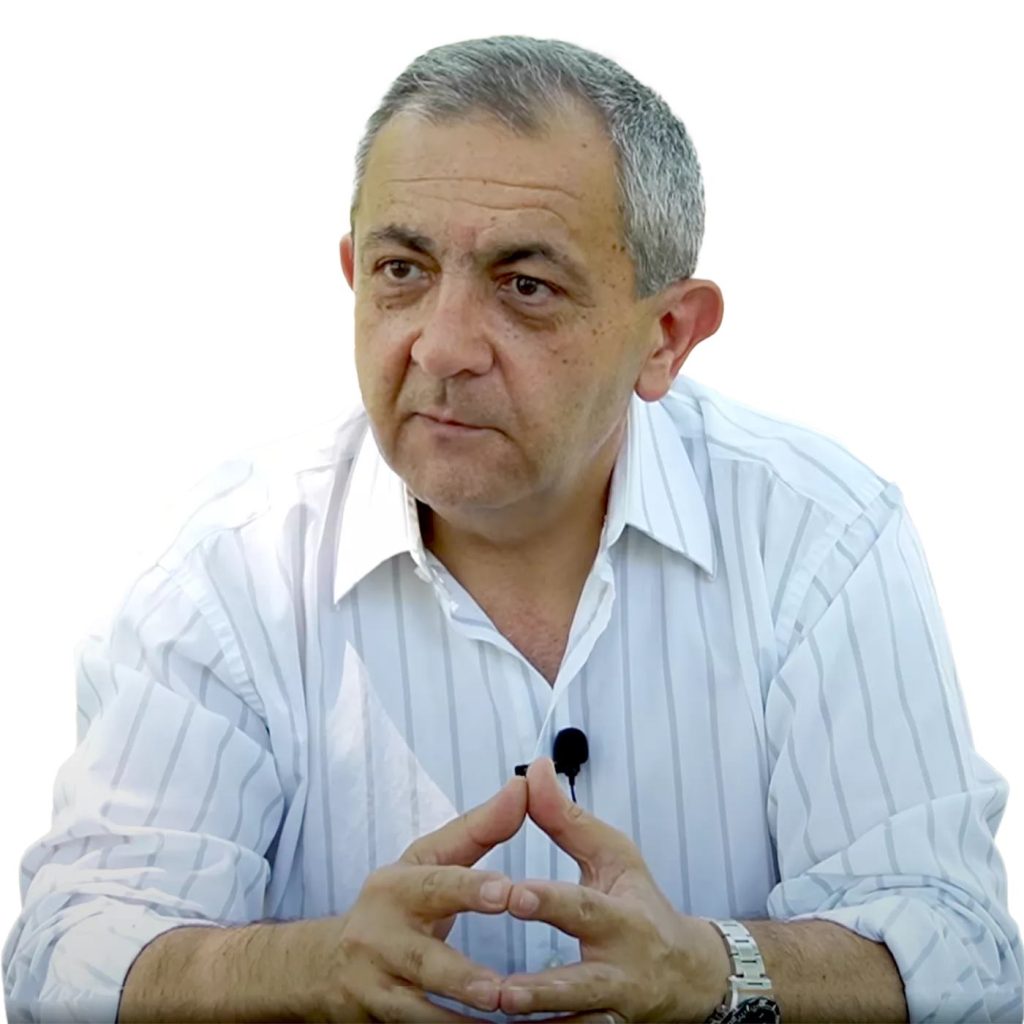
“The Tartar events constitute a serious state crime. As someone who has been following this case from the beginning, I conclude that this organized crime was premeditated, with a predetermined list of individuals to be tortured and specific methods of torture,” says Arastun Orujlu, head of the East-West Research Center and political analyst.
In his view, the possibility of external influence cannot be ignored. He believes that Russia was involved in this process, with the goal of weakening the army and creating public distrust towards it.
However, the political analyst finds the claims that “there is no espionage in the army at all” to be incorrect:
“However, the victims of the Tartar case were clearly not guilty of espionage. Their status did not allow them to possess important information that could be shared with the enemy.
Some of the people who were tortured back then are still in prison, and I do not believe they are guilty. But even if the accusations are true, it does not justify torture and murder.”
“If all the guilty are punished, perhaps our loved ones’ souls will find peace”
Ruslan Ojagverdiev, a 32-year-old senior warrant officer, is also among the soldiers killed in the “Tartar case.” According to his wife, Ravana Ojagverdieva, the last time she saw her husband was at home the day before his death. After he returned to the military unit the next morning, there was no more news of him.
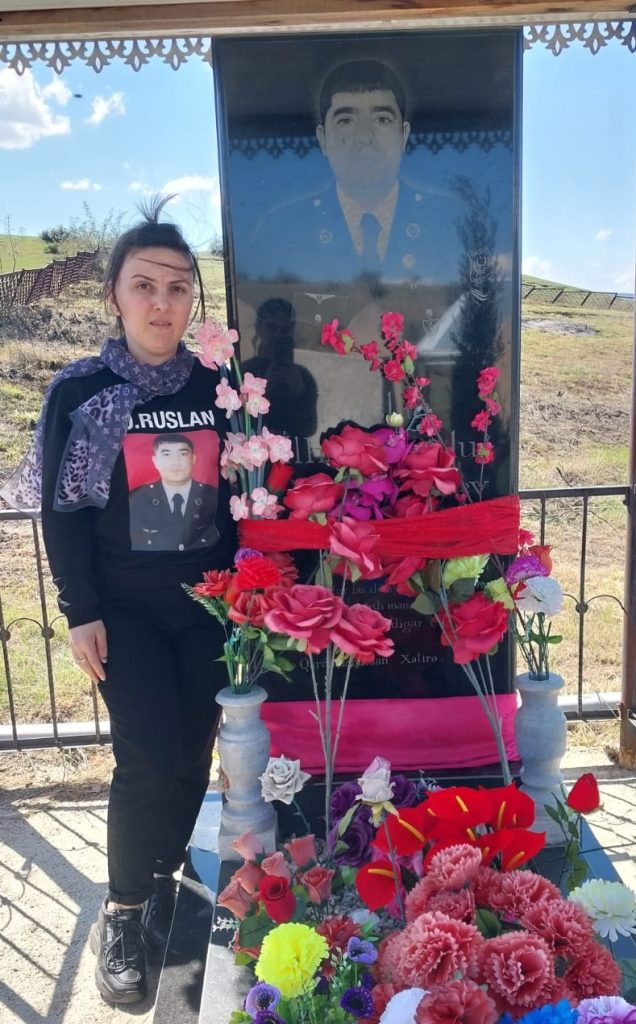
“Ruslan never turned off his phone. That’s when I knew something had happened to him. It turns out, when I was calling him, he was already being tortured. I searched for Ruslan in the village until evening. I thought maybe I would learn something from his fellow soldiers, but they didn’t know anything either. My two young sons and I couldn’t sleep until morning. The next morning, my brother-in-law called. He had been informed by the military unit that Ruslan had a heart attack and was in the hospital. On the 17th of that month, we learned of his death.”
Ravana Ojagverdieva has filed a lawsuit seeking compensation for her husband’s death. The first court hearing for this claim is scheduled for June 6.
“Fully compensating for his death is impossible. But if they at least investigate this case fairly, maybe then the souls of our loved ones can find peace.”










